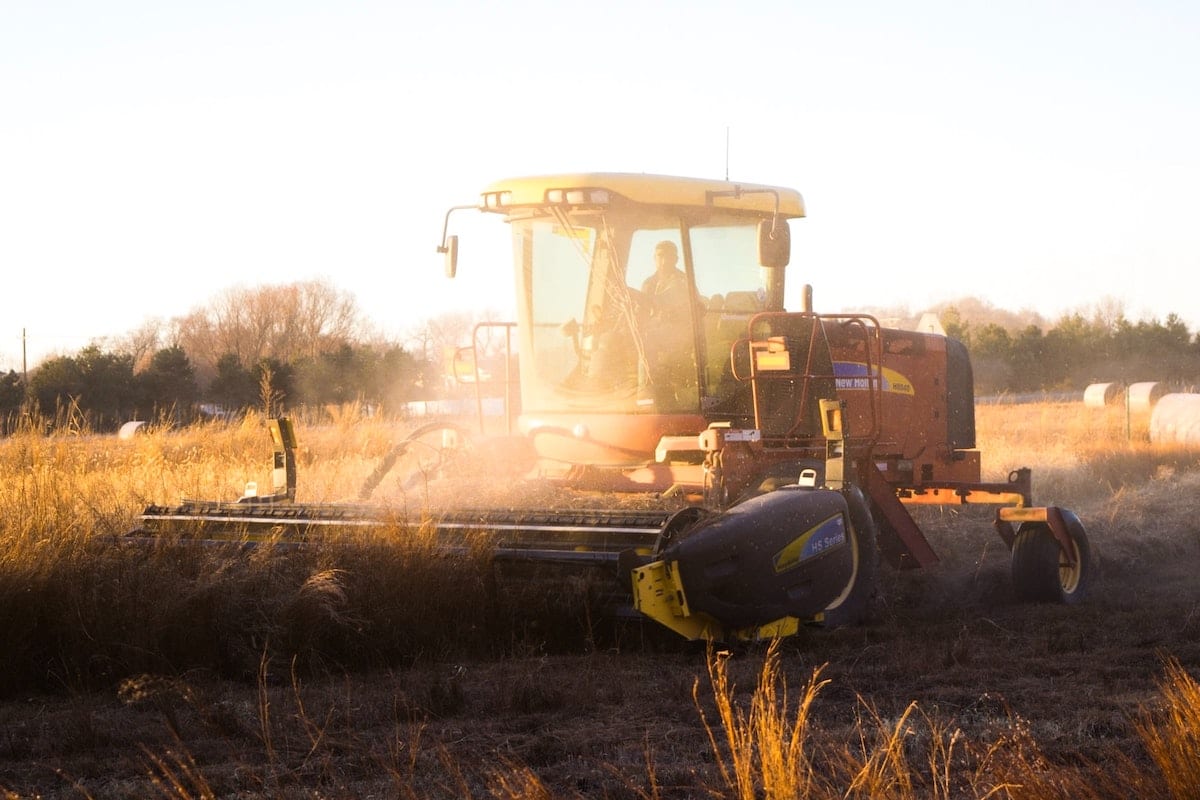Ignoring science is a hallmark of the Trump administration. A proposed rule by the U.S. Environmental Protection Agency aims to “streamline the regulation of certain plant-incorporated protectants (PIPs).” In reality, it ignores science and listens to pesticide manufacturers and biotech companies.
The rule is a response to Trump’s executive order on modernizing the regulatory framework for agricultural biotechnology products. The rule proposes exemptions for certain PIPs under the Federal Insecticide, Fungicide and Rodenticide Act (FIFRA) and the Federal Food, Drug and Cosmetic Act (FFDCA). The EPA determined that PIPs “have no risks of concern to humans or the environment.” The EPA characterized regulations governing PIPs as antiquated regulations that restrict access to the market for biotechnology products.” The hallmark of the Trump administration’s environmental policy is deregulation.
PIPs are plants engineered to contain pesticides. Scientists create them by taking the gene for a pesticidal protein and introducing the gene into the plant’s genetic material which causes the plant to express the pesticidal protein that kills the pest when it eats the plant. The EPA regulates the protein and genetic material. The EPA registered the first Bacillus thuringiensis (Bt) plant-incorporated protectant in the U.S. in 1995. Corn, cotton, and soy Bt incorporated varieties have been introduced.
The problems with PIPs
While their purpose is to reduce pesticides, PIPs actually cause the development of pesticide resistance in crop-eating insects. A 2010 study found streams throughout the Midwest contaminated with transgenic materials from corn crop byproducts. Six months after corn harvesting, scientists tested 217 stream sites in Indiana and found that 86 percent of the sites contained maize leaves, cobs, husks, and stalks. In 2011, scientists from Iowa State University documented resistance to a Bt toxin by western corn rootworms. They found the western rootworm’s ability to adapt was strongest in fields where Bt corn was planted for three years in a row.
A 2013 study found tremendous damage from western corn rootworms in a farm field planted with corn genetically engineered to incorporate with a Bt protein. That particular corn variety has been introduced into almost one-third of the corn planted in the U.S. Another 2013 study found that adding more than one Bt-incorporated trait does not prevent pesticide resistance. Researchers looked at caterpillars resistant to pesticides and discovered that caterpillars resistant to one pesticide survived far better than caterpillars not resistant.
Pesticide Resistance
The EPA’s rule exempts certain PIPs created by cisgenic biotechnological techniques. Cisgenic plants derive from genes from sexually compatible species. The rule makes a distinction between cisgenic and transgenic (where the genes come from any species). Les Touart, PhD, Beyond Pesticides senior science and policy manager, analyzed experiments conducted and concluded that they “confirm that cisgenesis can result in significant unanticipated changes to a plant,” and “show that a trait introduced via a cisgene can result in plants that differ in unanticipated and dramatic ways from their conventionally bred counterparts.” He concluded that the “differences observed would have important implications relevant to health and ecological risk assessments.”
The environmental organization Beyond Pesticides sent a letter to the EPA warning that “the agency’s new pesticide resistance management framework as proposed with only minor changes to existing practices will likely prove unsuccessful in the long run as well.” The organization pointed out that the changes proposed “do not address or impact the biology of pest populations developing resistance, but only the recognition and identification of such resistance.”
What you can do
Do you disagree with the EPA’s proposed rule? Sign the petition urging Congress to listen to science and not pesticide manufacturers and biotech companies. Are you outraged by the Trump administration’s environmental deregulation? Today is election day. Vote.
Photo by Noah Buscher on Unsplash


